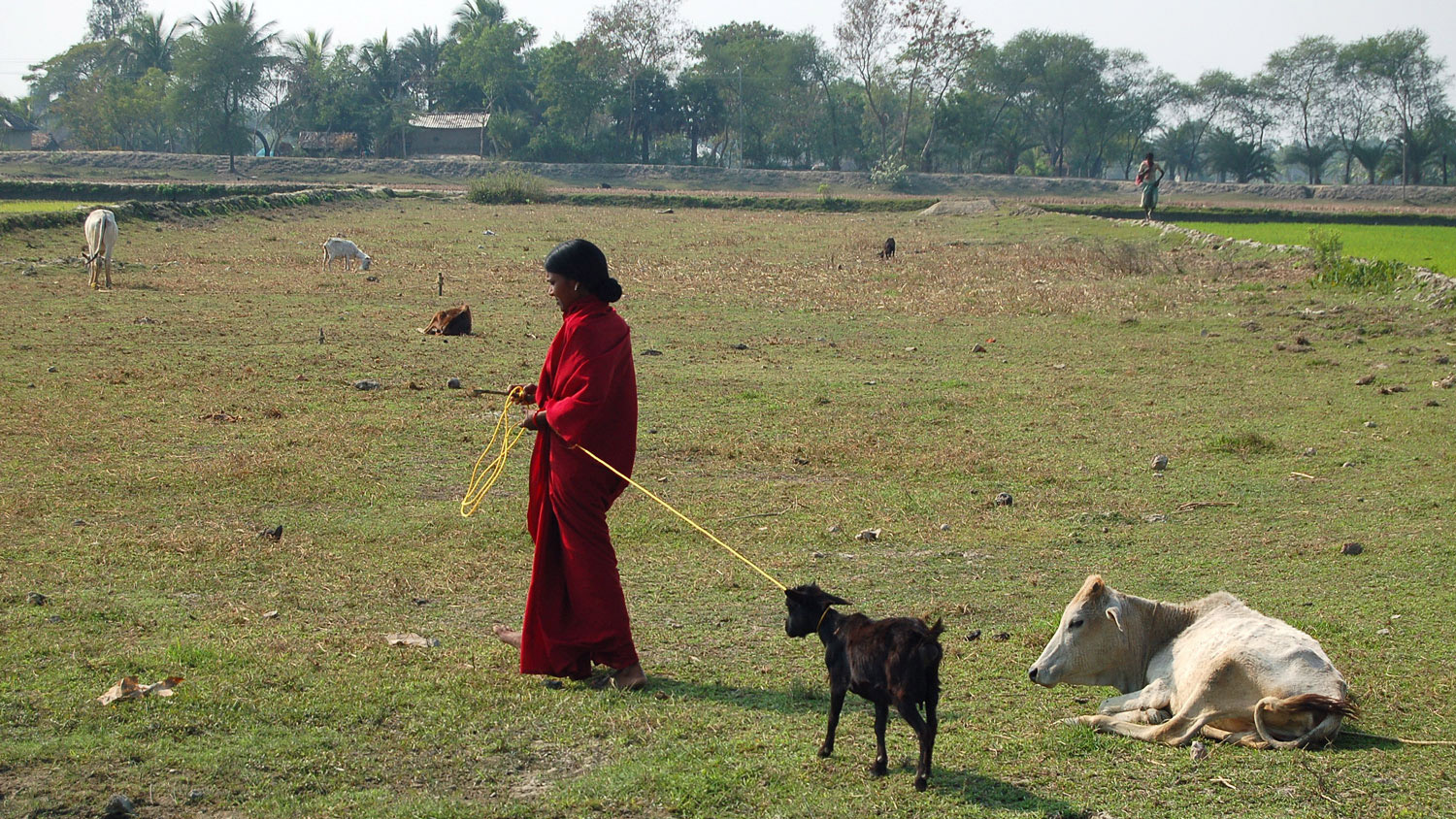The Covid-19 pandemic has taken a deadly turn in India, with a surge in positive cases and deaths across the country. To respond, Trickle Up is mounting a relief effort that will provide critical food supplies, PPE, accurate health and safety information, and other support to 8,300 current Trickle Up participants in the next several weeks.
Trickle Up is uniquely positioned to help those who live in conditions of profound poverty, vulnerability, and marginalization – people who may be left unreached by current government and other relief efforts. Including members of our participant families, the Trickle Up India Emergency Fund will help an estimated 40,000 face this historic crisis.
The World Health Organization reports that India now accounts for 25% of global Covid-19 cases, with 400,000 new cases every day. You’ve no doubt seen the news of hospitals and first responders overwhelmed by the Covid-19 surge, people dying for lack of oxygen, cremation fires blazing day and night, and lockdowns that will hobble the Indian economy and force millions of Indians out of work and into poverty.
How Trickle Up will make a difference
We are able to reach remote populations others cannot: While the pandemic impacts everyone – rich and poor, rural and urban, young and old – the population Trickle Up serves are at especially high risk from the health and economic consequences of this crisis.
We are trusted in local communities: From our long experience in India, working through Trickle Up coaches and self-help groups, we have established trust with women, local leaders, and grassroots partners.
We are ready and able to help: Our team in India is already on the job, working with our community partners to help provide accurate information to Trickle Up participants in local languages in both written and oral formats. Thanks to our investments in digital tools, we are able to connect with participants and partners even when staff field travel is not possible. We have the legal registrations required by the India government for funding from outside India.
We will help immediately…and over the long term: In addition to the immediate health risks, the economic effects of the pandemic are severe. Our core purpose is to help strengthen families economically, and we will focus long-term on helping Trickle Up participants rebuild their livelihoods.
What will the fund do
Building on our network of partners working in some of India’s poorest states (Odisha and Jharkhand) to bring economic and social support to women and families, the Trickle Up India Emergency Fund will bring immediate help to Trickle Up program participants in the form of:
- Dry ration kits with a month’s worth of food,
- PPE and sanitation and hygiene kits,
- Information dissemination – delivered virtually – about virus prevention, to help address common misconceptions, neglect, and fear related to the virus and its response measures,
- Information to increase access to services, including testing, care (where available), and enabling people to register for vaccinations and government relief programs.
Our India team has organized a distribution system that will procure, store, and distribute relief supplies securely and efficiently. We will use a corps of local agents, providing income to community members who have few wage-earning options. To avoid crowds and maintain social distancing, each program participant will be given a token to redeem for supplies at a specified time and place.
The Trickle Up India Emergency Fund is seeking support from our corporate, foundation, and individual donors. If you would like to help, please click here to make a donation.



